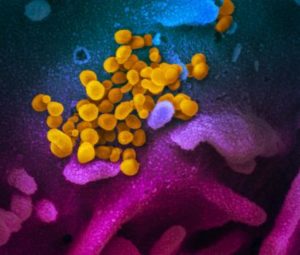
Most of us have had at least one COVID infection, with many having had the virus several times. Some recover quickly, but for others recovery is slow. But how long does it usually take to fully recover from symptoms?
A new study reported that it takes about 3 months to recover from COVID-19 physical symptoms, but 9 months for many to return to how they felt mentally before they became ill with the virus.
To repeat, in this study of 1096 persons who had COVID and 371 persons who did not become infected with COVID (as measured by a FDA approved SARS-CoV-2 test) − it took about 3 months to fully recover physically from COVID, but 9 months mentally. The mental symptom recovery showed gradual improvement over time. But even at a year about 1 in 5 had not fully recovered from the mental symptoms, which may be indicative of long COVID.
People participating in the study were surveyed about physical functioning, fatigue, pain, anxiety, depression, cognitive function, and sleep. This was not a long COVID study. It was a look at how persons who had a COVID infection recover from COVID symptoms over time (they were followed for 1 year).
From Discover: Mental Recovery From COVID-19 Symptoms Can Take Up to 9 Months
Some infections are tougher to recover from than others. Take COVID-19 infections, for instance. According to a new study in Open Forum Infectious Diseases, people with COVID and COVID-like symptoms typically take around nine months to recover from their infections mentally, and around three months to recover from their infections physically, suggesting that mental recovery is a particularly lengthy process that requires more study and more medical attention. ...continue reading "Recovery From Physical and Mental Symptoms of COVID May Take Months"

